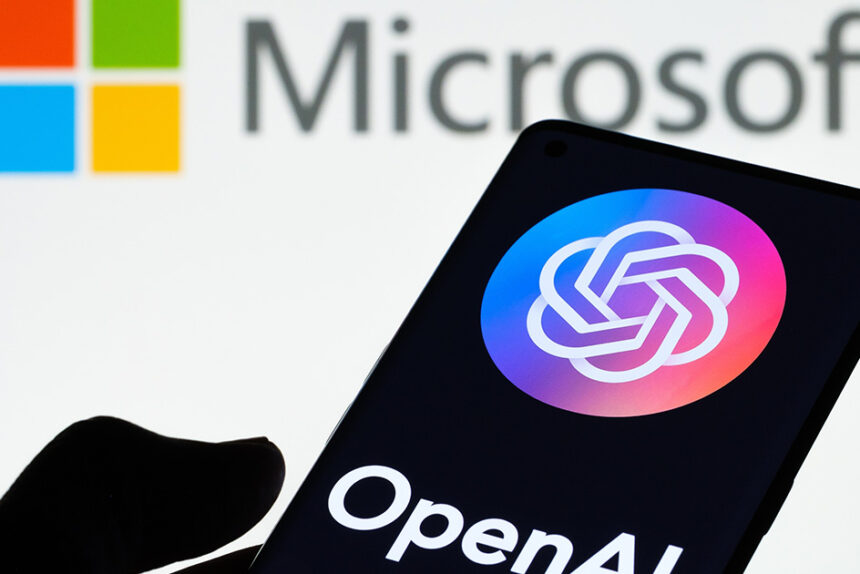Coalition of news publishers sue Microsoft and OpenAI

02.05.2024
A group of major news publishers has initiated legal action against Microsoft and OpenAI, alleging that the tech giants unlawfully utilized copyrighted articles to train their generative AI models without permission or compensation.
The lawsuit, first reported by The Verge, involves eight publications owned by Alden Global Capital (AGC), such as the Chicago Tribune, New York Daily News, and Orlando Sentinel. They claim that Microsoft and OpenAI have appropriated “millions” of their articles to power their commercial AI products, including ChatGPT and Copilot.
This legal action is the latest in a series against Microsoft and OpenAI over their alleged misuse of copyrighted content to develop large language models (LLMs) powering AI applications like ChatGPT. The plaintiffs assert that the companies’ chatbots can replicate their articles soon after publication without prominently linking back to the original sources.
The lawsuit clarifies that it isn’t about the clash between old and new technology or resolving broader issues raised by AI. Instead, it focuses on Microsoft and OpenAI’s use of copyrighted newspaper content without compensation for building their ventures.
The publishers also raise concerns about the AI models generating inaccurate reporting attributed to their publications, referencing OpenAI’s acknowledgment that training today’s leading AI models without copyrighted materials would be “impossible.”
These allegations echo those made by The New York Times in a previous lawsuit, where they claimed Microsoft and OpenAI utilized nearly a century’s worth of copyrighted content to mimic their style without proper authorization.
In response to parts of The New York Times’ lawsuit, Microsoft dismissed the concerns as speculative. However, the AGC publications argue that both OpenAI and Microsoft are profiting from the unauthorized use of copyrighted works.
The publishers seek unspecified damages and demand that Microsoft and OpenAI destroy any AI models utilizing their copyrighted content.
While OpenAI recently reached a licensing agreement with The Financial Times to lawfully integrate its journalism, the lawsuit from AGC underscores the growing tensions between tech companies developing generative AI and content creators concerned about the unregulated use of their works to train profitable AI systems.